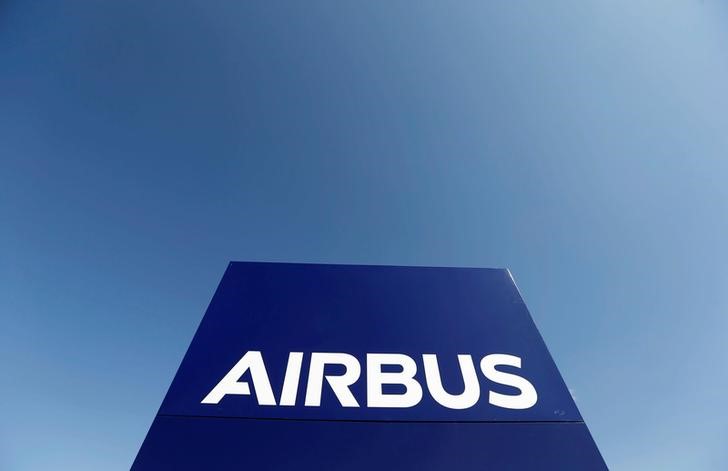By Andrea Shalal
BUECKEBURG, Germany (Reuters) - Airbus urged the German government on Wednesday to ensure domestic firms get a big share of a near 4-billion-euro contract earmarked for the country's next generation of heavy-lift military helicopters.
German defense officials have said they want a low-risk heavy-lift helicopter that already exists, which means the likely supplier will be one of the two biggest U.S. weapons makers - Lockheed Martin Corp (N:LMT) and Boeing Co (N:BA).
Airbus officials say they do not have a helicopter large enough for Germany's likely military's needs, but want to take a close look at the requirements when they are released by the defense ministry, a move that could occur next year.
Europe's biggest aerospace company and seven German firms including engine maker MTU Aero Engines (DE:MTXGn) said on Wednesday they had teamed up to push for a management and maintenance role in the project.
"This is about the future of the German helicopter industry," Wolfgang Schroder, CEO of Airbus Helicopters Deutschland (PA:AIR), told Reuters at a helicopter conference in northern Germany.
The Defense Ministry has proposed spending 3.84 billion euros ($4.35 billion) for the project through to 2029, although the program must still be approved by parliament.
The German firms want the ministry to split the procurement of the helicopters from the work of certifying, managing and maintaining the new aircraft that will go on for decades.
This program is "too big for Germany industry not to be involved," Airbus's Stefan Woelfle told military officials and industry executives at the conference.
"There's nothing else on the horizon," Schroder said, noting that German law did not require a specific amount of German content on major weapons systems, and that many German firms in the sector had been hit hard in recent years by a drop in demand linked to declining oil prices.
'NOTHING RULED OUT'
Airbus and Boeing worked together for five years on a possible heavy-lift helicopter but dropped their plans in 2012 after realizing the effort would be too costly.
Boeing's CH-47 Chinook, already used by eight other NATO countries, will now square off against Lockheed's Sikorsky CH-53K, a redesigned version of the CH-53G that Germany now flies and which the U.S. Marine Corps plans to start using in combat in 2019.
Senior executives from both firms attended the conference.
Wednesday's surprise announcement by Airbus follows talks between U.S. and German firms, and reflects growing concerns in German industry about how much work would be left for them.
Boeing and Lockheed already work closely with German industry and have said they would seek to form partnerships to build and maintain a future German helicopter.
If the ministry decided to award a single contract that included procurement and system maintenance, then Airbus would have to look for a partner and negotiate good terms, but it could also consider submitting a bid of its own, Schroder said.
He said Airbus could bid as a prime contractor, offering a U.S.-made helicopter made by a partner, though any future moves would depend on the terms of the contract.
"I'm not ruling anything out," he said.

($1 = 0.8825 euros)